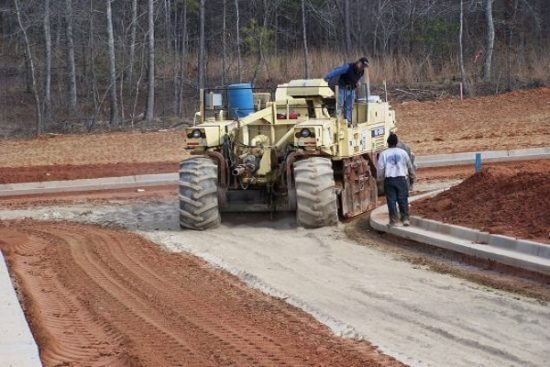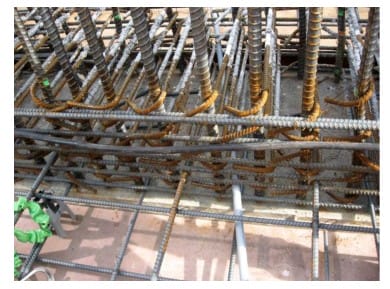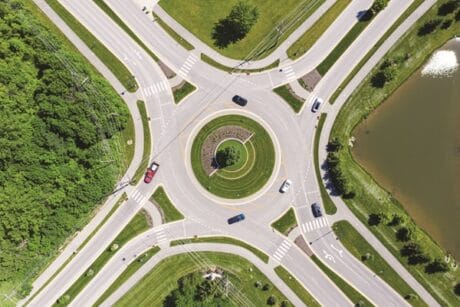No products in the cart.
- Course No E – 1523
- PDH Units 3.00
Course No E - 1523
PDH Units 3.00
- Course No E – 1523
- PDH Units 3.00
Course No E - 1523
PDH Units 3.00
Intended Audience: civil engineers, geotechnical engineers and other design and construction professionals
PDH UNITS: 3
This course discusses how portland cement can be used either to modify or improve the quality of the soil or to transform the soil into a cemented mass with increased strength and durability. The amount of cement used will depend upon whether the soil is to be modified or stabilized. Several different types of cement have been used successfully for stabilization of soils. Type I normal portland cement and Type IA air-entraining cements were used extensively in the past and gave about the same results. At the present time, Type II cement has largely replaced Type I cement as greater sulfate resistance is obtained while the cost is often the same. High early strength cement (Type III) has been found to give a higher strength in some soils. Type III cement has a finer particle size and a different compound composition than do the other cement types. Course Outline 1. STABILIZATION WITH PORTLAND CEMENT 2. STABILIZATION WITH LIME 3. STABILIZATION WITH LIME-FLY ASH (LF) AND LIME-CEMENT-FLY ASH (LCF) 4. STABILIZATION WITH BITUMEN 5. STABILIZATION WITH LIME-CEMENT AND LIME- BITUMEN 6. LIME TREATMENT OF EXPANSIVE SOILS This course will help you to address a variety of approaches to improving soil characteristics using stabilization material such as Portland cement.
Learning Objectives
At the conclusion of this course, you’ll be able to identify and discuss:
- Learn how portland cement can be used either to modify and improve the quality of the soil or to transform the soil into a cemented mass with increased strength and durability;
- Learn how the presence of organic matter and/or sulfates may have a deleterious effect on soil cement, and about tests to screen for them;
- Learn how sulfate attack is known to have an adverse effect on the quality of hardened portland cement concrete, but that less is known about the sulfate resistance of cement stabilized soils;
- Learn how to reduce swell potential; and
- Learn special procedures to follow when cement-modified soil is to be used in frost areas.
Once completed, your order and certificate of completion will be available in your profile when you’re logged in to the site.








